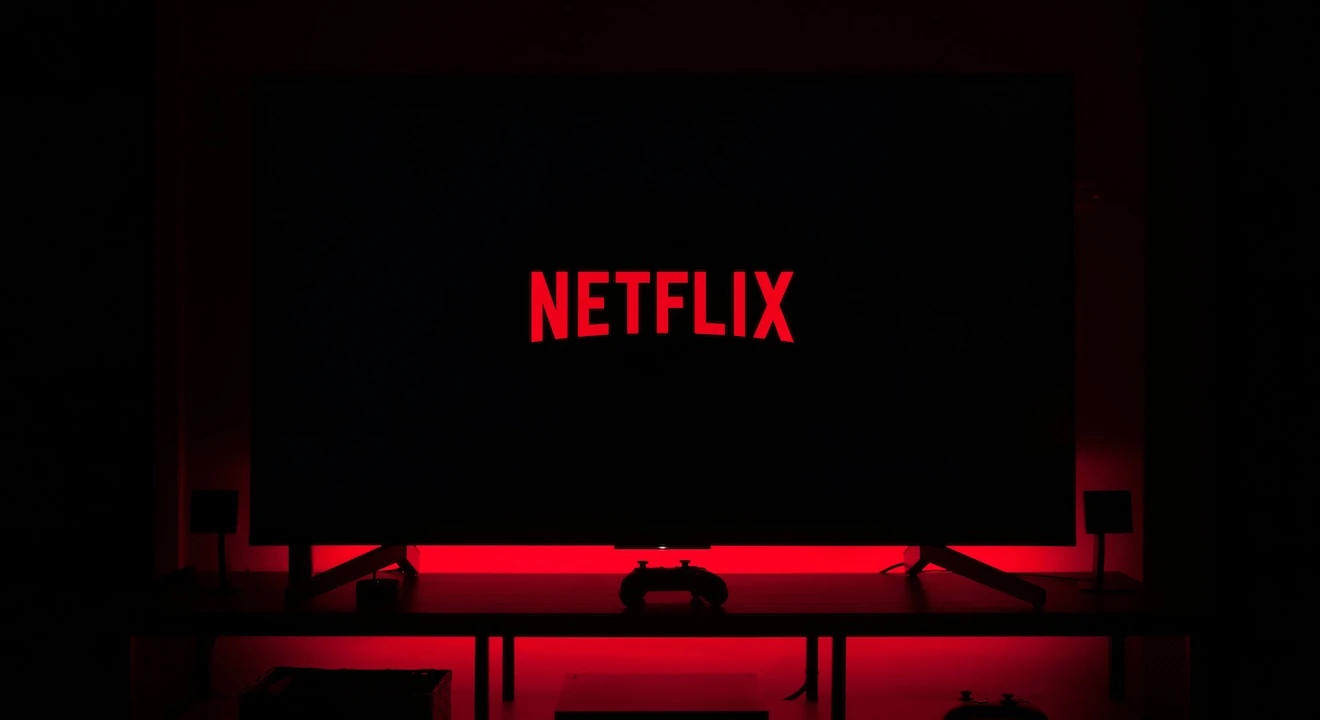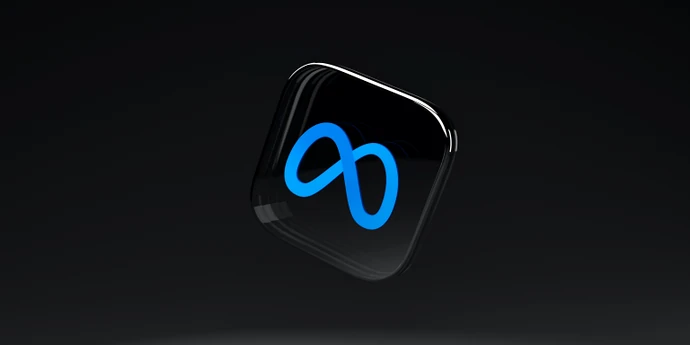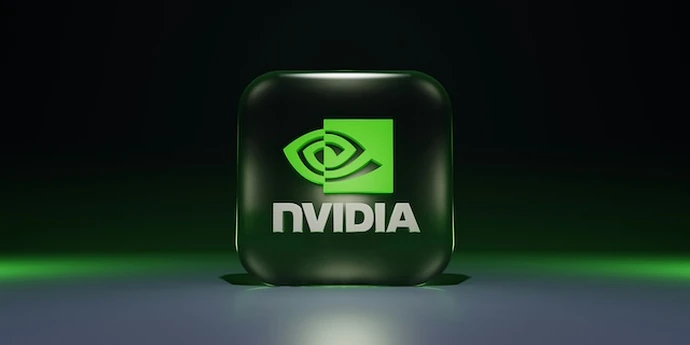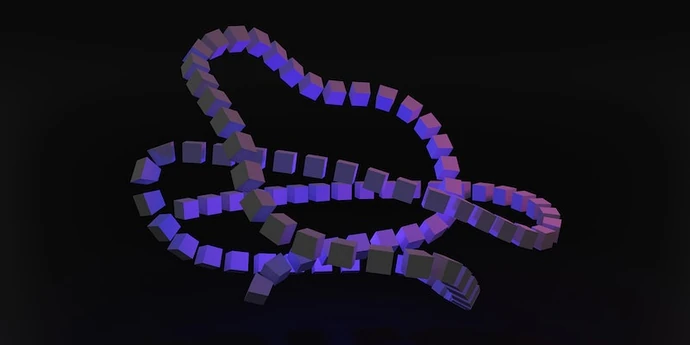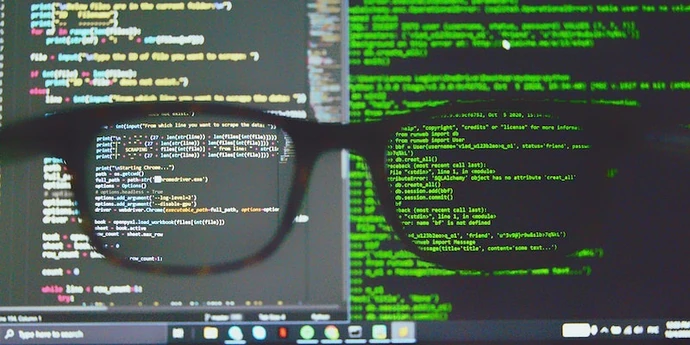There’s a lot of confusion about how Netflix actually hires. The process feels different from other FAANG companies, and most of what’s out there is either vague or outdated.
It's one of the top questions we get from the thousands of candidates we've coached through Netflix interviews: How does the Netflix interview process actually work?
In this guide, we'll break down exactly what happens during a Netflix interview hiring process and how you can prepare for each stage. You'll learn about Netflix's unique culture, the 7-step interview process, and proven strategies to stand out as a candidate in your role.
Here’s an overview of each step of the Netflix interview process:
- Step 1: Resume screen
- Step 2: Recruiter call
- Step 3: Hiring manager screen
- Step 4: Technical screen
- Step 5: On-site interviews
- Step 6: Hiring committee
- Step 7: Salary negotiation
But before we get into each step, let's get to know Netflix first.
Click here to book 1-on-1 interview coaching with an ex-Netflix interviewer.
1. About Netflix ↑
When Reed Hastings and Marc Randolph founded Netflix in 1997, they started with a simple idea: rent DVDs by mail. Today, Netflix is the world's leading streaming entertainment service, serving over 280 million paid memberships across 190+ countries.
The transformation from DVD rental company to streaming giant to content powerhouse shows you everything you need to know about Netflix's culture.
Netflix isn’t afraid to disrupt itself before someone else does. It killed its own cash cow (DVD rentals) to build the future of entertainment. It went from licensing content to producing award-winning originals. And it’s constantly evolving, too. Netflix now experiments with gaming, ad-supported tiers, and new ways to combat password sharing.
This willingness to change, to take risks, and to move fast is baked into everything Netflix does, including how they hire.
2. Working at Netflix ↑
We’ve helped thousands of candidates ace their Netflix interviews, and a common theme from candidates we've worked with is how different the company feels from the inside. There are few layers, few playbooks, and almost no hand-holding.
While Netflix is often grouped with other FAANG companies, it’s significantly smaller in scale. The company employs approximately 14,000 people worldwide, compared to 164,000+ at Apple, 75,000 at Meta, and more than 1.5 million at Amazon.
That smaller size shapes Netflix’s culture and hiring philosophy. It runs lean, prizes autonomy over process, and expects each employee to operate with the ownership and judgment of someone at a much larger organization.
As a result, you'll face fewer approval layers and more direct impact, but the bar for independent decision-making is exceptionally high. Every hire matters more, making the interview process more rigorous.
If you’re looking to work at Netflix too, here’s what that looks like:
2.1 "Dream team" culture
Netflix thinks of its team like it's a professional sports team. But Netflix shapes everything about how it operates around this understanding.
From Netflix’s perspective: "Families are about unconditional love. They can be dysfunctional. Pro sports teams, on the other hand, focus on performance and picking the right person for every position, even when that means swapping out someone they love for a better player.”
Just like a professional sports team, Netflix only hires high performers, develops them, and expects peak performance. And they cut players who aren't performing at the highest level (with generous severance packages).
The company operates on what it calls the "keeper test." Managers regularly ask themselves: "If this employee told me they were leaving for a similar job at a peer company, would I fight hard to keep them?" If the answer isn't an immediate "yes," Netflix helps that person find a better fit elsewhere (with a generous severance).
2.2 Radical candor and high accountability
Netflix's culture is built on honesty, the kind that can feel uncomfortable if you're not used to it. What does radical candor look like in practice?
It means giving and receiving honest feedback, even when it's difficult. It means calling out problems directly rather than dancing around them. It means admitting when you're wrong and learning from it publicly.
This candor pairs with high autonomy and freedom. There’s no formal vacation policy, no dress code, minimal process, and approvals. But that freedom only works because Netflix trusts its people to make good decisions and own the outcomes.
Expect direct, sometimes uncomfortable feedback during the process. Interviewers will challenge your assumptions and probe for weaknesses. They're testing whether you can handle candid criticism without becoming defensive and whether you demonstrate the judgment to operate without oversight.
2.3 Exceptional compensation
Netflix pays at the top of market rates, what they'd need to pay to prevent you from taking another offer.
According to Levels.fyi data, total compensation typically ranges from $750K to $1.36M per year, depending on level and scope, with a median of $783.2K. This is notably higher than peer companies like Amazon (median $567.54K) and Google (median $665.15K). Note that this data is specific to engineering roles and may differ for other positions at the company.
If these aspects appeal to you, Netflix's culture may be a strong fit.
Now, let's get into the actual Netflix recruitment process.
3. Netflix interview process and timeline (7 steps to an offer) ↑
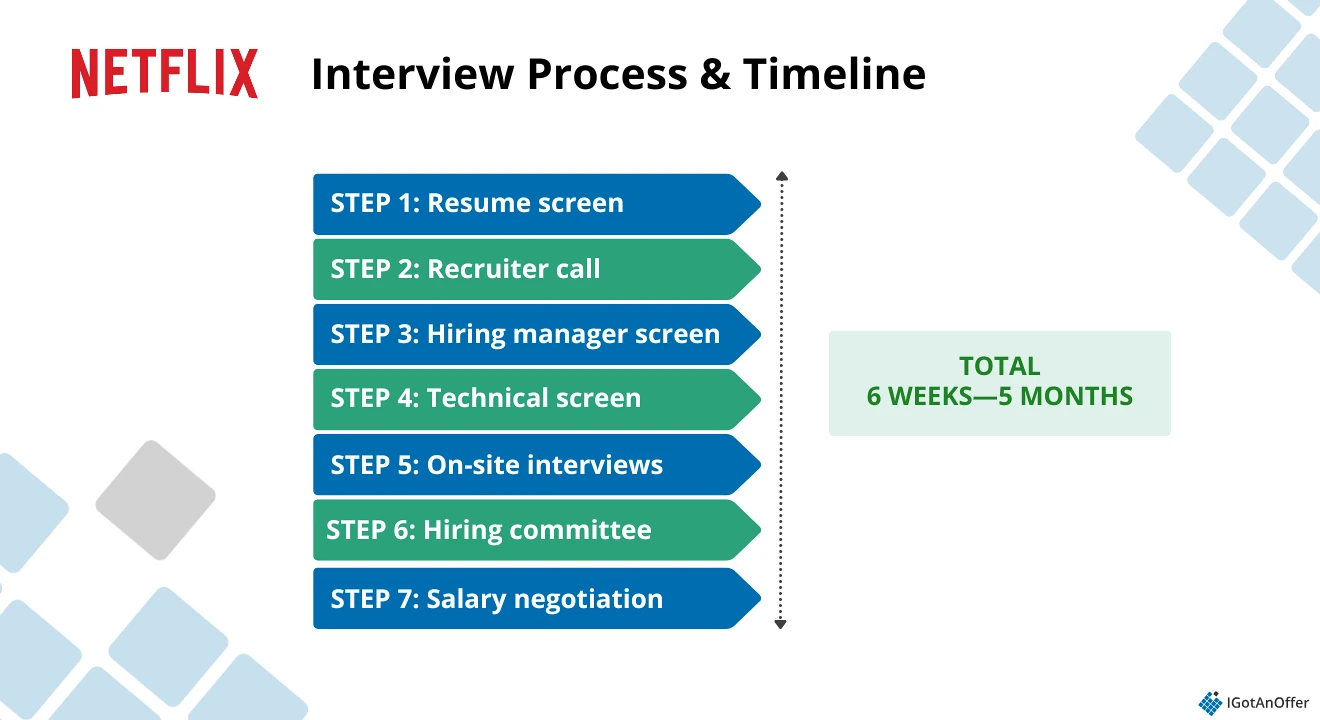
Step 1: Resume screen
The first step of Netflix's interview process is the resume screen. After you've submitted your application through the Netflix jobs portal or been contacted directly via email or LinkedIn, recruiters will evaluate your resume to see if your experience aligns with the open position.
This is a highly competitive step. To help you put together a targeted resume that stands out, follow the tips below:
Tips on crafting a resume
- Study the job description: Your work experience should relate directly to the role qualifications you're applying for. Netflix typically doesn't hire entry-level candidates, so emphasize your senior-level accomplishments.
- Be specific and quantify: Use data to back up your claims. What scale systems did you work on? How many users did your features impact? What measurable improvements did you drive? Netflix cares deeply about scale, availability, and impact.
- Emphasize ownership and leadership: Netflix values "context, not control." Highlight situations where you operated with significant autonomy, drove decisions, and owned outcomes. Show examples of emergent leadership even if you weren't in a formal management role.
- Demonstrate culture alignment: While you shouldn't explicitly reference the culture memo in your resume, your experience should demonstrate the behaviors Netflix values: judgment, innovation, courage, communication, and impact.
- Be concise: Keep your resume to 1-2 pages maximum. Recruiters don't have time for lengthy documents, so make every word count.
For more guidance on how to craft your resume, check out our tech resume guide with examples from FAANG. Or, book a resume review session to get personalized advice on how to improve your CV.
Step 2: Recruiter call
If your resume passes the screen, a Netflix recruiter will reach out to schedule an initial call. This typically lasts 30 minutes.
The recruiter will send you Netflix's culture memo before your conversation. Read it carefully, as this call focuses heavily on assessing cultural fit. For example,
- Does this person have the baseline experience and skills for the role?
- Will this person thrive in Netflix's culture?
That second question is often more important than the first. Netflix is big on culture, and the recruiter call is where that evaluation begins.
Example recruiter call interview questions:
- "Tell me about yourself."
- "Walk me through your resume."
- "Why are you interested in Netflix?"
- "Why are you looking to leave your current role?"
Culture-specific
- "What do you think about Netflix's culture memo?"
- "What resonates with you about our culture?"
- "What aspects of the culture memo concern you or don't align with how you like to work?"
The recruiter will also ask if you have follow-up questions to ask. Avoid generic questions that can be easily researched online, like "What's the interview process like?" or "Is this position remote?" Instead, ask questions that demonstrate strategic thinking and genuine interest in the role you’re applying for, such as:
- "What does success look like in the first 6-12 months for this role?"
- "What's the biggest challenge the team is facing right now?"
If you do well here, the recruiter will move you to the next stage: the hiring manager screen.
Step 3: Hiring manager screen
After the recruiter call, you'll have one or more screening interviews with a hiring manager or future peers. This typically consists of one 45-60 minute interview, though some roles may have two separate screens.
The goal here is twofold: to assess how you think and how you work, in the context of the role you’re applying for. Rather than drilling into coding trivia for software engineering roles, for example, the manager will explore your technical background, decision-making process, and how you approach complex or ambiguous challenges.
What to expect in Netflix hiring manager screens (by role)
- Software engineers: Deep dive into 1-2 projects from your resume, focusing on architecture decisions and trade-offs, followed by behavioral questions about autonomy and decision-making.
- Data engineers/scientists: Often covers technical discussion of data pipelines you've built, SQL/data modeling questions, and how you communicate insights to non-technical stakeholders.
- Product managers/TPMs: Product thinking scenarios (prioritization, metrics, user needs), cross-functional collaboration examples, and Netflix-specific cases like improving recommendations or reducing churn.
- Backend/Infrastructure/SRE: System reliability and scale discussions, deep dive into infrastructure decisions you've made, and how you balance reliability with velocity.
Step 4: Technical screen
This stage will be a critical assessment of your technical skills and fit for the role.
Netflix is deliberately moving away from algorithmic LeetCode-style questions and instead focuses on real-world, practical problems that reflect actual challenges the team faces (content delivery, recommendations, infrastructure).
To pass this stage, you’ll need to practice with real-world problems related to Netflix's domain. Understand Netflix's architecture, content delivery challenges, and how recommendation systems work.
Also, be prepared to communicate your thinking clearly and discuss trade-offs in your approach.
This stage varies based on the role you’re interviewing for. Here's what you can expect, depending on the role:
What to expect in Netflix technical screens (by role)
- Software engineers: 45-60 minute coding session using CoderPad or CoSignal, solving 1-2 practical problems (like building a rate limiter), writing production-quality code in your preferred language.
- Data engineers: Usually SQL queries and data modeling challenges, designing pipelines for high-volume streaming data, discussing ETL processes and scalability at Netflix's scale.
- Machine learning engineers/data scientists: You’ll get practical ML problems (fraud detection, recommendation improvements), implementing solutions in Python, discussing A/B testing and experimentation methodology.
- Backend/Infrastructure/SRE: You’ll face system design discussions for Netflix-scale challenges (microservices health checks, distributed caching), which may include coding problems related to distributed systems.
- Product managers/TPMs: Product cases specific to streaming (reducing churn, discovery features), technical trade-off discussions, and how you'd measure success with data.
Step 5: On-site interviews
The on-site interview loop is the most extensive stage of the Netflix process. This typically consists of approximately 8 interviews conducted either in Netflix's physical offices or via video call over two rounds:
- Round 1: Deep-dive into skills and collaboration
- Round 2: Leadership, influence & organizational fit
Given how taxing these interviews are, Netflix recruiting may offer to split your on-site over two days. We recommend taking this option if offered, or requesting it if not.
Round 1: Deep-dive into skills and collaboration
The first round typically involves 4–5 interviews, each lasting 45–60 minutes, involving:
- 2–3 engineers from the team you’re interviewing for
- The hiring manager
- Sometimes a recruiter or peer interviewer
This stage is a mix of technical and behavioral interviews. The exact details and interview questions will depend on the role you're applying for.
You may be asked to solve a design problem or walk through a project you’ve led, explaining why you made certain decisions. For engineers, that might mean tackling a system design question. Product managers often get product design scenarios, data scientists discuss how they’d design experiments, and engineering managers dig into how they handle project challenges.
Interviewers want to understand how you think, communicate, and navigate complexity, not just whether you can write clean code.
The behavioral interview will apply to most tech and product roles, and explore how you work with others, handle setbacks, and give or receive feedback. Come prepared with concrete examples that highlight Netflix’s cultural pillars: judgment, candor, courage, curiosity, and selflessness.
Round 2: Leadership, influence & organizational fit
This round is a smaller, higher-level set of interviews that focuses less on technical depth and more on leadership potential, collaboration, and cultural alignment.
During this round of interviews, you’ll typically meet:
- An engineering director or senior leader
- A partner engineer or manager from another team
- Another cross-functional or organizational leader
These conversations explore how you collaborate across teams, think strategically about long-term priorities, and make decisions when the stakes are high but the context is fuzzy. Here are some example questions to expect:
Example leadership & fit interview questions
- “Tell me about a time you influenced a decision without having formal authority.”
- “How do you balance creative freedom with accountability?”
- “What does good judgment look like in your work?”
This is also when interviewers evaluate how well you embody Netflix’s culture of candor, independence, and ownership.
You’ll likely meet people outside your direct team, so be prepared to discuss competencies like how you communicate technical priorities to non-technical stakeholders, resolve conflicting interests between teams, or align multiple groups around shared goals.
Note: Netflix's process is highly decentralized. Questions, format, and emphasis vary significantly by team. This means your experience might differ from others interviewing at Netflix simultaneously.
Step 6: Hiring committee
A hiring committee reviews all interview feedback and makes the final decision on your candidacy. This is a collective judgment process based on your interview feedback, alignment with culture, and how you stack up against other finalists.
While Netflix doesn’t publicly share how its committees work, we’ve had reports from candidates that reveal a consistent pattern.
Netflix recruiters typically inform you that “the team is debriefing” or “finalizing feedback.” This phase can last a few days to several weeks, depending on how many candidates are still in process.
The recruiters generally maintain strong communication throughout, providing updates and, when possible, sharing snippets of feedback. However, some candidates report receiving concise rejections after weeks of waiting, with little explanation.
If you haven’t heard back after a couple of weeks, it’s perfectly fine to follow up with your recruiter for an update. Response times can vary depending on team schedules, so try to stay patient and use the waiting period to prepare for potential next steps.
Step 7: Salary negotiation
Netflix is known for exceptional compensation, but that doesn't mean you shouldn't negotiate.
The company's philosophy is to pay "top of personal market". Meaning, Netflix looks at your individual market value (what you could get if you were to leave today for another top offer) and tries to match or exceed it.
Understanding the Netflix compensation structure
Netflix's compensation structure differs from most tech companies. Instead of granting stock that vests over several years, Netflix lets employees decide each year how much of their pay they want in cash versus stock options.
You can choose all cash, all options, or any mix that suits you. The options are fully vested from day one, valid for ten years, and remain yours even if you leave the company. This setup gives employees both flexibility and the opportunity to benefit from Netflix’s long-term growth.
Still, you can negotiate your offer. Netflix recruiters are known to be transparent and responsive, as long as you come prepared with data and context.
Salary negotiation tips
- Do your research: Before negotiating, research your position and level thoroughly:
- Check Levels.fyi for Netflix-specific compensation data
- Ask around on Blind for recent data points
- Factor in cost of living for your location
- Get input from current Netflix employees if possible
- Start high: Begin with a number 10-15% above your target. Netflix negotiators will likely negotiate down, so starting high gives you room to land at your actual goal.
- Emphasize competing offers: If you have offers from other companies, mention them. Netflix's compensation philosophy is explicitly about paying what they need to keep you from going elsewhere.
- Be collaborative: Remember that your recruiter is trying to get you to join. Approach negotiations as a problem you're solving together, not as opponents.
- Be prepared to justify: Netflix values judgment and data-driven decision making. When asking for more, have clear reasoning: market data, competing offers, your unique value proposition, etc.
For even more detailed guidance, check out our salary negotiation guides on similar FAANG companies like Amazon, Google, and Meta, whose processes aren't too different from Netflix. Even better, you can work with specialized negotiation coaches (including former FAANG recruiters and hiring managers) for personalized negotiation help.
4. Are you prepared for your Netflix interviews? ↑
The Netflix interview process isn’t easy, and that’s by design. The company looks for people who can operate with autonomy, navigate ambiguity, and make great decisions without layers of process. Every stage, from the recruiter screen to the hiring committee, is built to test those exact traits.
If you’re preparing for this journey, one effective way to go about it is to mirror Netflix’s approach. That is, with clarity, preparation, and focus on long-term impact.
If you're prepping to apply for a specific role, you may want to check out our other Netflix interview guides:
But if you're seeking some expert help, we've also coached more than 15,000 people for interviews since 2018. In our experience, practicing real interviews with experts who can give you company-specific feedback makes a huge difference.
Find a Netflix interview coach. so you can:
- Test yourself under real interview conditions
- Get accurate feedback from a real expert
- Build your confidence
- Get company-specific insights
- Learn how to tell the right stories, better
- Save time by focusing your preparation
Landing a job at a leading tech company like Netflix often results in significant career growth and the opportunity to work on transformative problems. Three or four coaching sessions worth ~$500 make a great difference in your ability to land the job.
Click here to book a mock interview with Netflix interview coaches.
Frequently asked questions about the Netflix interview process and timeline ↑
Does Netflix sponsor visas for international candidates?
Yes, Netflix does sponsor work visas for international candidates. The company has submitted over 1,200 Labor Condition Applications (LCAs) and Labor Certifications during fiscal years 2022-2024, indicating active sponsorship of H-1B visas and green cards for qualified candidates.
However, visa sponsorship at Netflix is typically reserved for candidates with exceptional skills and experience who meet their high hiring bar. Given Netflix's selective hiring process and focus on senior-level talent, international candidates should be prepared to demonstrate significant expertise in their field.
The company evaluates candidates based on merit and fit first, with visa sponsorship being a secondary consideration for outstanding applicants.
How long is the Netflix hiring process?
Typically 2-5 months, though it can be as short as 6-8 weeks depending on team urgency, interviewer availability, and the number of candidates being evaluated.
How difficult are Netflix interviews?
Netflix interviews are challenging and competitive. The company focuses on real-world problems and cultural alignment rather than algorithmic puzzles.
The difficulty comes not from trick questions but from the depth of thinking required and the rigor with which Netflix assesses cultural fit.
However, with proper preparation (particularly reading the culture memo, studying Netflix's architecture, and practicing with former Netflix interviewers who know exactly what the hiring committee looks for), you can successfully navigate the process.
Is Netflix harder to get into than other tech giants?
In many ways, yes. Netflix is smaller (approximately 14,000 employees vs 100,000+ at other FAANG companies), which means fewer roles and higher cultural fit standards.






